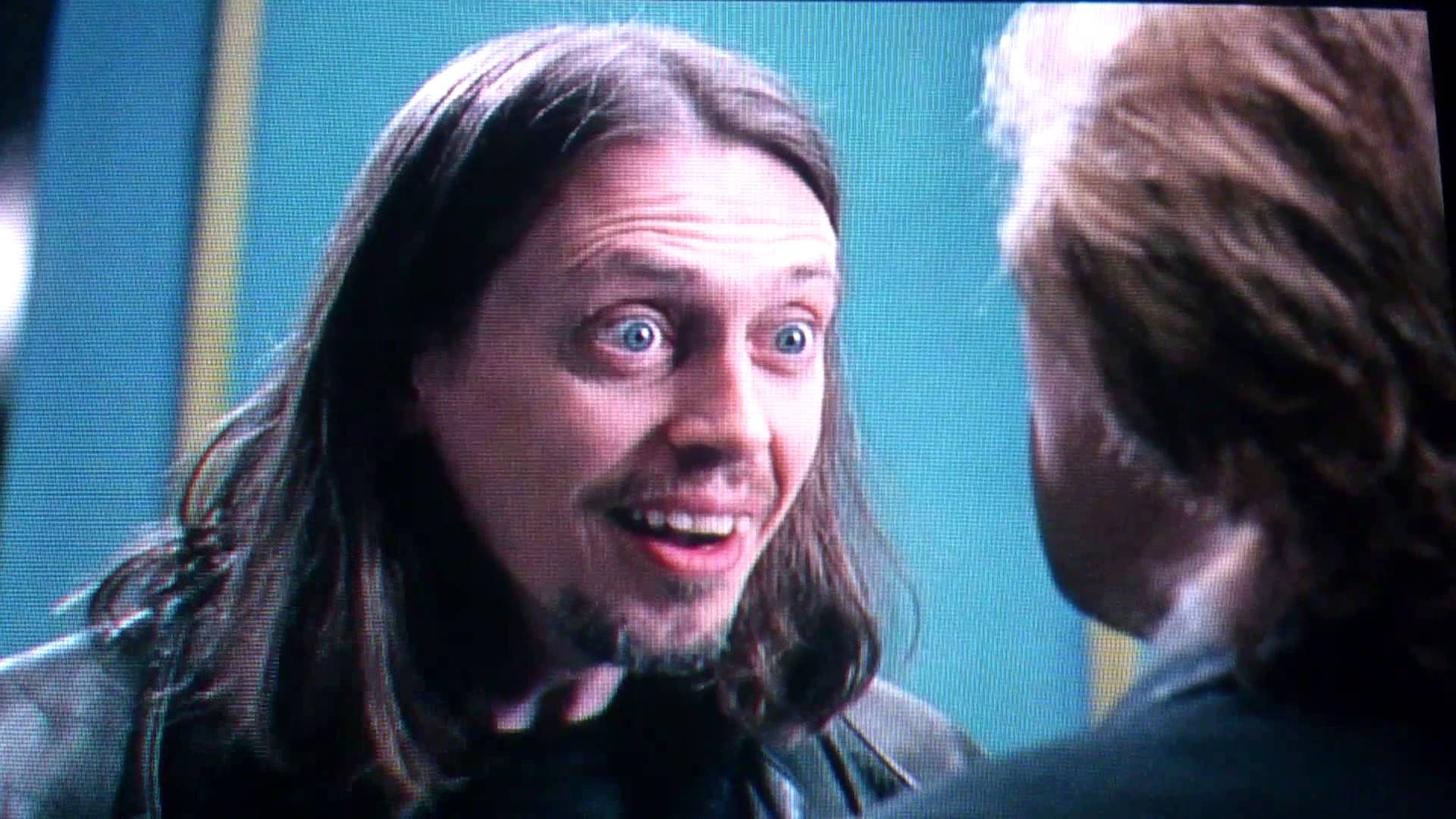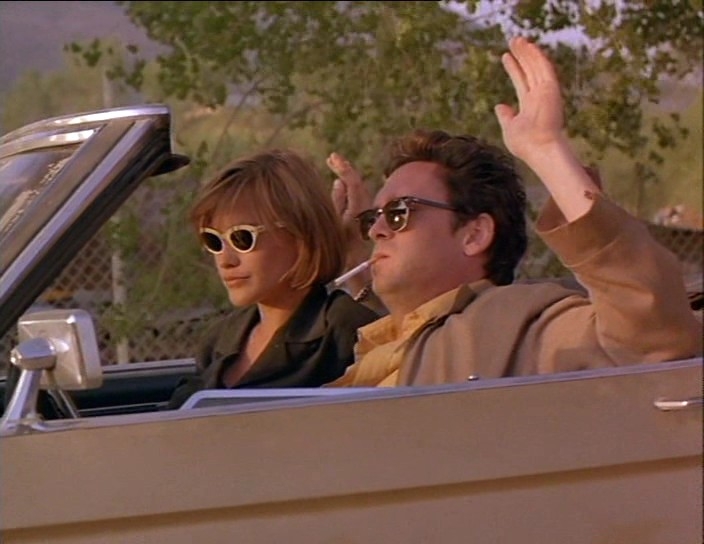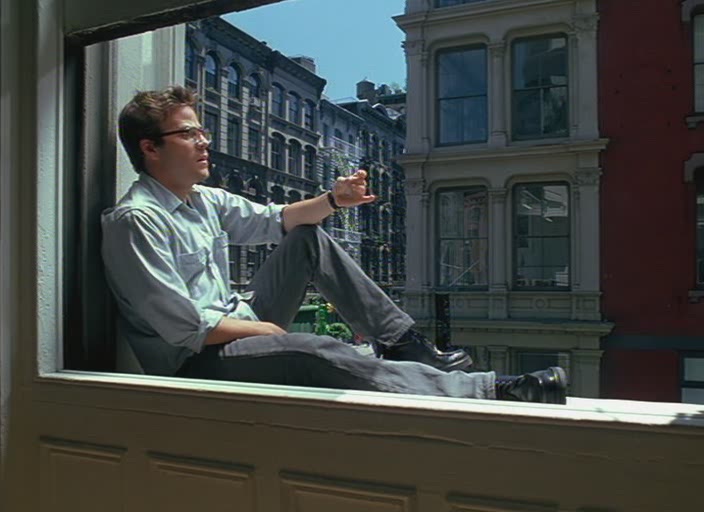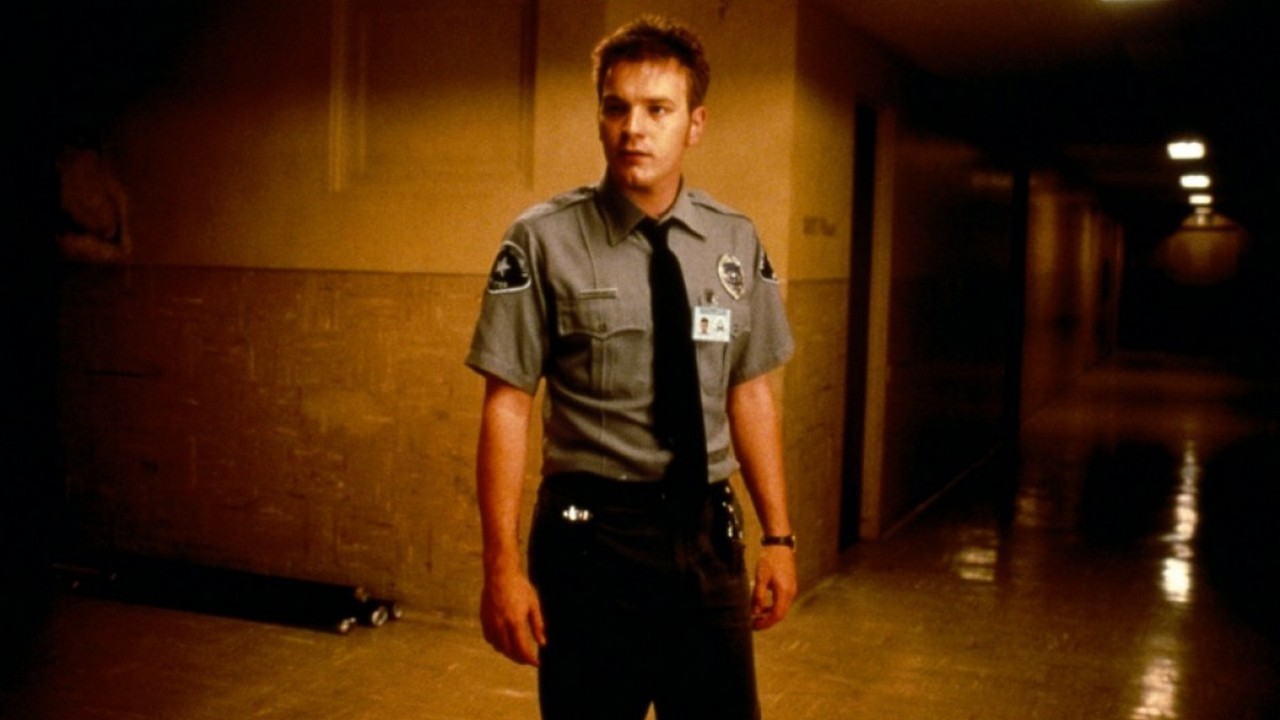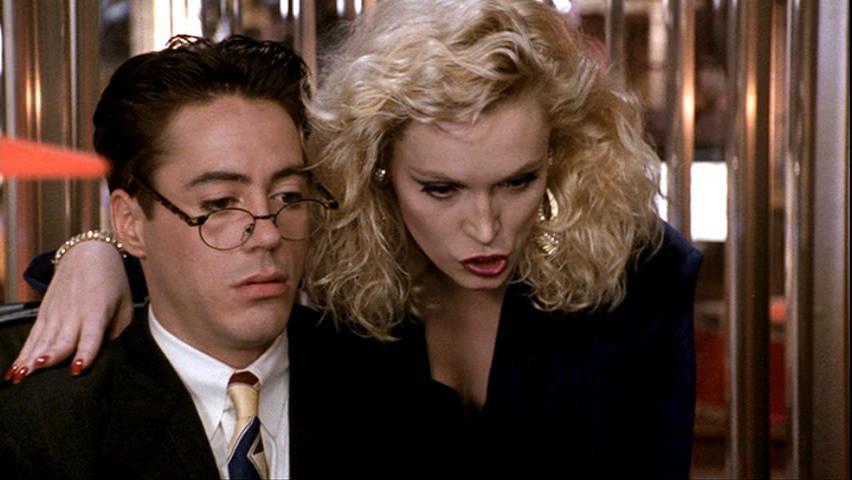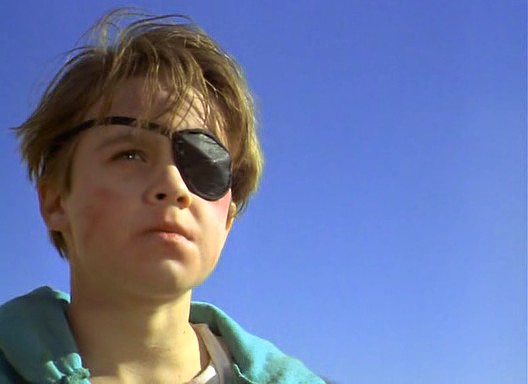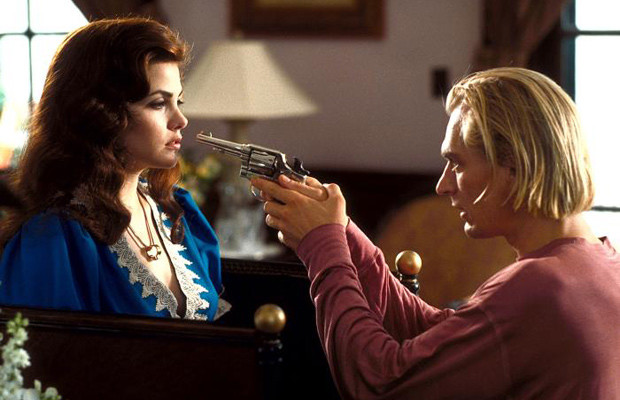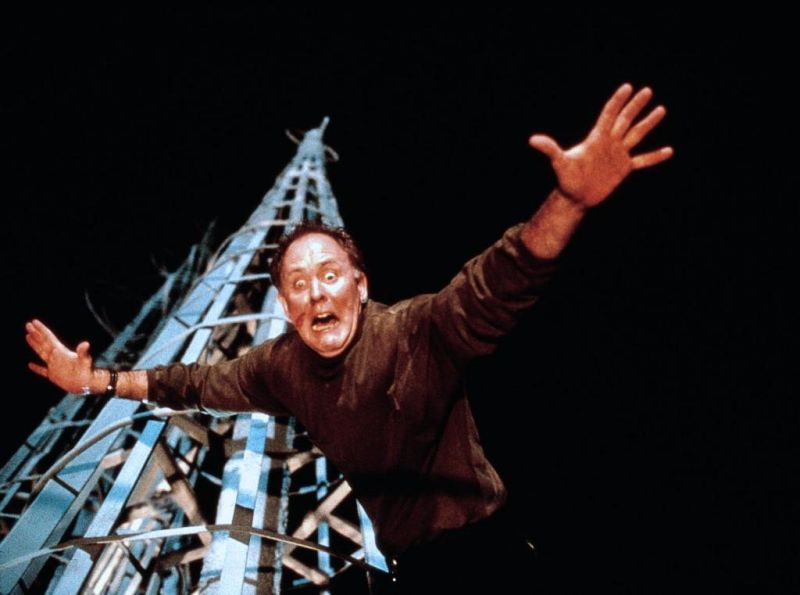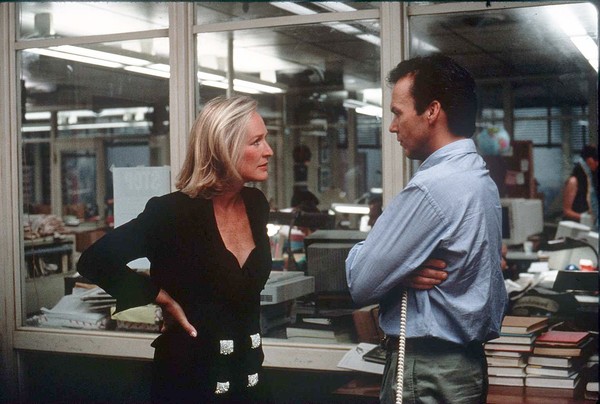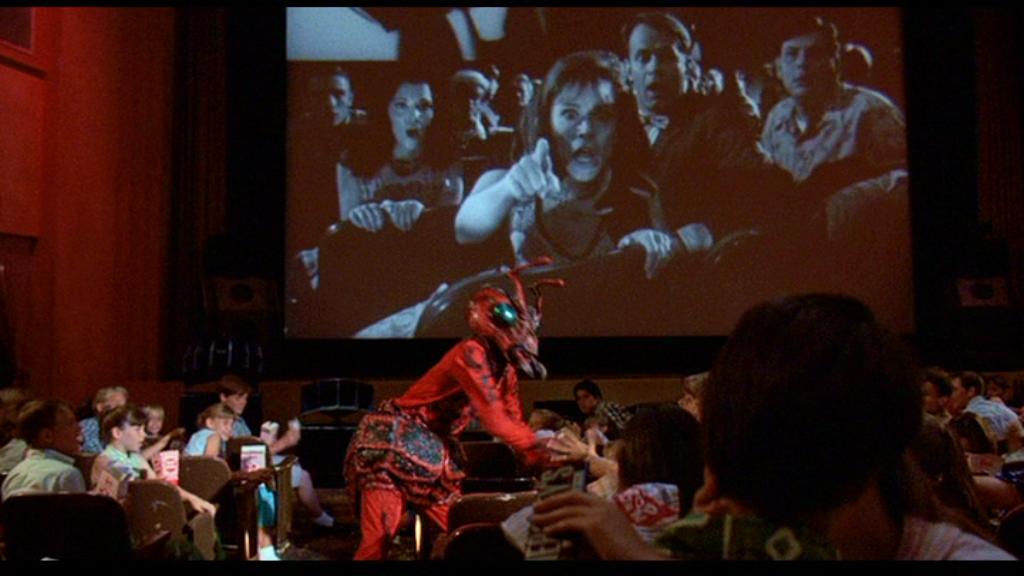The nineties were a great time for movies. Was it the time of high discovery and boundary-pushing artistic movements that defined the films of the seventies? Maybe not to most elite film enthusiasts, but one thing the nineties did undeniably have in its movies was variety.
There were movies being put out in theatres that took chances, and great filmmakers were allowed to fall flat on their faces and still be given the opportunity to make a movie and fail again (well, sometimes…). Compare it to the superhero, remake, and reboot market today and it’s not too hard to see that. At the time, unfortunately, we didn’t quite know the quality we had until it all but disappeared for good (for now).
The nineties, on one hand, were a breeding ground for the beginnings of many new and brilliant auteurs (Quentin Tarantino, Paul Thomas Anderson, David Fincher, etc.). On the other, they nurtured some older talents who hadn’t quite been able to meet the demands of popular culture’s tastes in the eighties (Robert Altman, Martin Scorsese, Ridley Scott, etc.).
In between, there are many great films that were simply lost because there were just too many being made and released. Audiences’ and critics’ tastes became too quick to judge, too harsh, and too cynical to find time and appreciation for films that weren’t immediately standing out and getting buzz (Pulp Fiction, Seven, Titanic, to name a few…).
Many great films have been lost to critical and/or audience indifference over the years, and the nineties was the decade this started happening in abundance (and it’s gotten nothing but worse since). Some of the films on this list were given critical appraisal that audiences never had the motivation to follow through on, while many never had a chance, either given extraordinarily brief or completely nonexistent theatrical runs (we must remember: in the nineties, straight to video equaled death).
Some of the films listed here are completely lost masterpieces, and others are flawed, interesting films that still deserve recognition and discussion years after they were first released. What all these films do have in common is a quality that is special, a voice that is unique, and a point that has, either upon arrival or over time, completely been lost.
30. Trouble Bound (1993)
Patricia Arquette and Michael Madsen star in this violent, fun, and memorable road/revenge flick that Quentin Tarantino might have directed if he was half asleep and simultaneously working on the screenplay for Pulp Fiction. It’s not a masterpiece, by any means, but it’s an entertaining blast of a movie featuring two of the most likable and quirky fringe stars of the nineties.
Madsen typically makes his Mitchum-esque disconnection both charismatic and charming, and Arquette gives one of her nuttier and quirkier roles that would excite even the mildest fans of the oddball nineties queen (a title shared with Juliette Lewis).
29. Entropy (1999)
Writer-director Phil Joanou’s little-known film is a thinly veiled depiction of his nightmare misadventures in studio filmmaking during the nineties.
After showing so much promise with his classic U2 documentary/concert showcase Rattle and Hum and the fantastic Sean Penn/Gary Oldman-starring gangster thriller State of Grace, Joanou got hit with a streak of bad luck (difficult stars, cheap producers making script edits at the last minute, endless hours of re-cutting to appease audiences in the editing room) that he has yet to fully recover from.
Entropy is an entertaining glimpse into the life of a former Hollywood “It” Boy (Stephen Dorff), and the reality he has to face when he finally wakes up from his daydream and realizes what life in the Hollywood fast lane actually entails. It is a sharp, funny “Hollywood Insider” flick that is a pleasant surprise to come upon. As an added bonus, U2 front man Bono has an endearing cameo as himself in the form of the troubled director’s mentor/sometimes guardian angel.
28. Nightwatch (1997)
This American remake of the 1994 Danish thriller (both of which were directed by Ole Bornedal) is a fun, pulpy ride that features a very strong lead performance by Ewan McGregor as a young student who takes a night watchman position at a morgue, only to find himself in the midst of a very creepy (and wonderfully, brilliantly atmospheric) murder mystery.
Patricia Arquette and Josh Brolin both deliver solid (and forgotten) supporting roles, but it’s Nick Nolte that stands out as an obsessed detective tracking a murderous necrophiliac. His devoted and disturbing performance is at the top of many qualities (good writing, solid filmmaking, great casting all around) this film possesses that help elevate it to a class above its b-level premise.
27. Soapdish (1991)
One of the best and most underrated comedies of the nineties, Soapdish is a stylish (courtesy of director Michael Hoffman), hilarious, and slightly surreal take on life behind the scenes of a major network soap opera.
Sally Field, Kevin Kline, Whoopi Goldberg, Elisabeth Shue, and Robert Downey, Jr. all deliver outstanding comedic performances that their fans will appreciate every bit as much as their esteemed classics. Soapdish is a great, ridiculous film that celebrates America’s obsession with melodrama every bit as much as it ridicules it.
26. Motorama (1991)
Joseph Minion, the brilliant absurdist screenwriter of After Hours and Vampire’s Kiss, wrote this dark, surrealist comedy about a young boy who escapes his dysfunctional home to drives across country and play a corporate-sponsored scratch-off game called “Motorama”.
Those familiar with the screenwriter’s previous works should have a pretty solid idea of where the movie goes from there (though while occasionally tipping the scale to “too much” with its output of weirdness), and those who aren’t… It’s difficult to explain, but best surmised as “Kafka goes slapstick” or as a story about how everything that can possibly go wrong in life often does, but does so in way that is a hundred times worse than you could ever imagine.
Complete with a very nineties list of hip cameos (Drew Barrymore, Flea, and the late, great Jack Nance amongst them), Motorama is a memorable, if not always good, exploitation of weirdness that is as much the product of its times as it is it’s very fearless (and quite insane) writer.
25. Boxing Helena (1993)
Jennifer Lynch’s much-maligned directorial debut (about a surgeon who amputates his girlfriend’s limbs and puts her in a box after she rejects him) was unjustly (and harshly) attacked upon its initial release. Due to its potentially controversial story, the lineage of its director (she’s David’s daughter), and its much-publicized production issues with former leads Madonna and Kim Basinger dropping out at the last minute, Boxing Helena already had plenty of opinions formed of it before production even began.
The finished film did not wind up being all that shocking or controversial, however. Those expecting blood and guts got emotional violence at best, as the film tastefully suggests at its most brutal acts. The backlash against Boxing Helena almost seemed to happen because the film, when finally released after all the fuss, wasn’t the grotesque monstrosity of misogyny that everyone expected it to be.
Instead, it was a quiet, mature, and simply told story about obsession, damage, and control. Boxing Helena, while imperfect, is a smart film from a very talented and developing director that finally deserves something it never had: a fresh perspective from an unbiased audience.
24. Ricochet (1991)
Highlander director Russell Mulcahy’s style was met with a healthy amount of snobbery and criticism back in the nineties. Being a former music video director, his “flashy” camera and editing choices often fell into the same overused category in which many other directors (especially of thrillers and action films) of the time often found themselves. In today’s saturated digital age, where style has largely been replaced by efficiency, films like Mulcahy’s Ricochet are nothing short of a sight for sore eyes.
Ricochet is a down and dirty thriller starring Denzel Washington as a rising attorney whose life is thrown into upheaval by a criminal (a wonderfully nasty John Lithgow in one of his many nineties turns as the Big Bad Guy) whose plans he thwarted years earlier when he was a police officer.
Quickly dumped and forgotten upon its initial release, Ricochet holds up terrifically as a wild, suspenseful thriller that was too quickly regarded as one of many for its time, but whose quality and aesthetics are heavily missed today.
23. The Paper (1994)
Ron Howard’s comedic media thriller barely made an impact with critics or at the box office when it was released, and has since been all but forgotten. When viewed with objectivity years later, one has to wonder how cynical nineties critics and audiences were not to back such a smartly made, thoroughly involving moral dilemma drama that was an astute and meaningful comment on its times.
Whatever the reasoning, The Paper deserves another look today, as it is one of the smartest and most interesting takes on journalistic/media ethics ever to be put on film. In the day and age of internet reporting, there is little to no care is put into too many stories that are far too easily published at the push of a button.
That is why The Paper’s primary conflict (a reporter played by the fantastic Michael Keaton battles greed and exploitation by trying to stop a false murder story from being circulated) needs discussion today more than it ever did before.
22. Matinee (1993)
Director Joe Dante needs a break these days. When he’s been able to get them made, his most recent films have (barely) been released to poor reception from critics and audiences alike. While he’s proven to be perfectly capable of delivering Hollywood-friendly genre films like Gremlins and InnerSpace (granted those have been a while…), he has also shown he can translate his sensibilities into smaller, more personally scaled films like Matinee, the hidden director’s hidden masterpiece.
Matinee is simultaneously a celebration of B-movies and a moving portrayal of what it was like to grow up during the Cuban Missile Crisis. It’s simultaneously schlocky fun and endearingly moving, a feat that can only be pulled off by a director with Dante’s skill and talent.
John Goodman gives one of his best performances as a b-movie promoter who is motivated both by greed in capitalizing on the public’s fears, and by the genuine desire to provide people with relief and escape from the worries of their times.
21. Living In Oblivion (1995)
Steve Buscemi stars in Tom DiCillo’s hilarious behind-the-scenes look at the waking nightmare that is independent film production. Catherine Keener, Dermont Mulroney, and Peter Dinklage all excel in main or supporting roles (David Lynch will never be seen the same way again after Dinklage’s major scene-stealing scene).
Living In Oblivion is a perfect time capsule piece for the nineties, buried by the very thing it encapsulates: the saturation of the independent film market that was just beginning at the time of its release.
